HEAVY METALS IN BABY FOOD: WHAT YOU NEED TO KNOW
What are heavy metals?
Heavy metals are high density metals naturally occurring in our environment. Some heavy metals, such as iron, chromium, and selenium are good for you, and a certain amount of them are required for optimal health. Other heavy metals, on the other hand, are known for their adverse effects on human health. The most common “bad” heavy metals that find their way into our food chain are:
-Lead
-Arsenic
-Cadmium
-Mercury

Where are heavy metals found?
Heavy metals are everywhere on earth. They are found in the water table, soil, atmosphere, and in living things (including plants, animals, and us). They can also be found in everyday items such as batteries, engine exhaust, paint, cosmetics, pesticides and herbicides. Heavy metals can be distributed throughout the environment by natural events such as erosion and volcanic activity. Also, human activity such as mining, agriculture and industrial processes further spread heavy metals throughout our environment. Due to their prevalence in our ecosystem, including our food chain, it is impossible to completely avoid exposure to heavy metals. The challenge is that potentially toxic compounds may be present in raw agriculture crops, like fruits, vegetables and grains because of natural exposure from soil, water, agriculture. This includes local, non-gmo, organic crops as well as conventionally grown foods. The contaminant levels will be influenced by soil, weather conditions, crop variety, harvest, storage and transport practices and conditions. Furthermore, the preparation of food, its processing and cooking may also influence the level of contaminants.
What does this mean for baby and baby food?
Infants and young children are more susceptible to contaminant exposure than adults due to a greater intake of specific foods in relation to their body weight and size. Their whole bodies are still in development with many immature organ systems. Their excretory pathways and mechanisms are still forming, as well as their gut biome. Therefore, we want to try and limit baby’s exposure to excessive heavy metals when possible. There are a few specific government standards and guidelines in the United States for contaminant levels in foods for infants and young children (Callen et all 2018). “For example, the Total Diet Study (TDS) is an ongoing FDA program that checks the levels of 800 or so contaminants and nutrients in the diet of an average American. For the study to be conducted, four times a year, they buy, prepare, and analyze about 280 different foods and beverages, representing various communities and regions in the US. To see the FDA’s most recent findings for heavy metals in food, including baby food, click here. One takeaway is that rice, especially brown rice, absorbs many heavy metals, so parents and caregivers should reconsider using rice cereal as a starter food for babies or offering rice-based teething biscuits.
How can I minimize my baby's exposure to heavy metals?
Fruits, vegetables and grains are key to a healthy diet, particularly in young children. So what is a concerned parent to do? When talking about heavy metals found in foods, it’s important to point out that it is not a one-time exposure that is concerning, but a build-up over a long period of time. “In the study of Callen et al (2018), they analyzed the commonly consumed fruits and vegetables from infants and toddlers. 8 fruits and 9 vegetables account for 80% of consumption in infants and toddlers.” Children can be at greater risk not only because of their age and size, but also due to a more limited, restricted diet. Therefore, one thing you can do is offer a wide variety of fruits, vegetables and whole grains. Varying the type of crop, its source, and its processing can help avoid overexposure. When possible, it can be helpful to know where crops are sourced. For instance, fruits and vegetables grown and cultivated far away from cities or streets generally are less contaminated with heavy metals than those grown in the city or beside highly-trafficked roads. When choosing produce, shopping for fresh produce locally and seasonally can help minimize exposure from transport and storage, etc. Since manufacturing processes can affect the levels of heavy metals in the final product, choosing a baby food which is as minimally processed as possible is preferable.
Looking for healthy swaps for your baby to avoid exposure to heavy metals?
The recent reporting around baby food and heavy metals is enough to make any parent worried so that's why our #foodfactfriday today is on the best swaps and ways to minimize toxic exposure for your baby. Swipe right to see our favorite healthy swaps to minimize toxic metal exposure for your baby.

.
🥦 SWAP: Rice Cereal for an Oat based cereal : rice has higher naturally occurring levels of of arsenic because of the way it’s grown. Organic or not – try to find baby food and cereals without rice in the ingredient list.
.

🥦 SWAP: Teething biscuits for a cold piece of fruit, frozen teething toys or a gentle gum massage.
.
.
🥦 SWAP: Snack rice puffs for cut up fresh fruits and veggies or other packaged snacks with clean ingredient lists
.
.
.
While heavy metals are naturally occurring in the environment and the way crops are grown, there are ways to mitigate and reduce your baby's exposure to them. At Amara, we take food quality very seriously. We do everything possible to get you and your baby best quality crops and raw materials. Each ingredient is certified organic and non gmo certified and we test every single batch of Amara to meet the FDA and USDA safety standards for baby food. Plus, we work individually with the manufacturers to get to the ingredients we need - which, is pretty unique for baby food companies (most use third party co-packers). At Amara, part of our supplier approved program is that all of our suppliers meet 3rd party federal requirements and compliance regulations for heavy metals as well as organic certifications. We review these yearly to make sure that they are meeting our standards and we're always trying to do better, and more, for our future foodies. And if you're new here -- you may not know our deep dives into food.
What about heavy metals and breastfeeding?
While heavy metals can be passed along via breast milk, the exposure to certain metals like arsenic, is greater in formula-fed babies due to the addition of water. In terms of heavy metal exposure, in many contamination studies, it is noted that the benefits of breastfeeding outweigh its potential risks. (Pajewska-Szmyt et al 2019.

Amara's Safety Promise
While as a society, we need to do what we can to make informed decisions and continue to work toward protecting our environment and food chain, food is meant to be lovingly prepared, generously shared, and happily enjoyed by all. The earth gives us a bounty of fresh fruits, vegetables, and grains which help our babies grow and thrive. At Amara, we do our part to responsibly bring you the closest to fresh food as possible. We do everything possible to get you and your baby the best quality crops and raw materials. At Amara, each ingredient is certified organic and non-gmo certified, and we test every single batch of Amara to meet the FDA and USDA safety standards for baby food. While it may seem counterintuitive, our “dried” baby food is just one step away from the farm. All we do is take out the water so you don’t have to worry about keeping it cold.
How we do things (differently) at Amara:
- We source our produce directly from the manufacturer (most baby food companies rely on a third party co-packers or middlemen to source their product. It may even have already been processed, into applesauce for example, before they receive it and further process it)
- We have a strict supplier approval program. All of our suppliers must meet 3rd party federal requirements and compliance regulations for heavy metals as well as organic certifications. We review these yearly to make sure that they are meeting our standards. Our suppliers go down to the crop level to ensure that the standards around heavy metals are met and upheld to bring you the best possible foods for your baby. All of our suppliers meet the food safety benchmarks and third party food safety audits established by the USDA and FDA.
- We use pressure, not repeated high-heat, to remove the food’s moisture while protecting all of its natural vitamins and minerals, smell, taste, and texture.
See why thousands of moms have made the switch to Amara as their baby food of choice. We make homemade, possible for you with the highest quality vegetables, fruits, cereals and plant- based proteins.

Looking to start solids? Check out our Introduction to Solids Variety Pack.
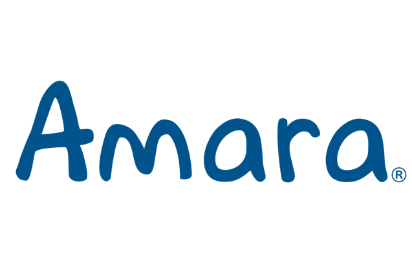



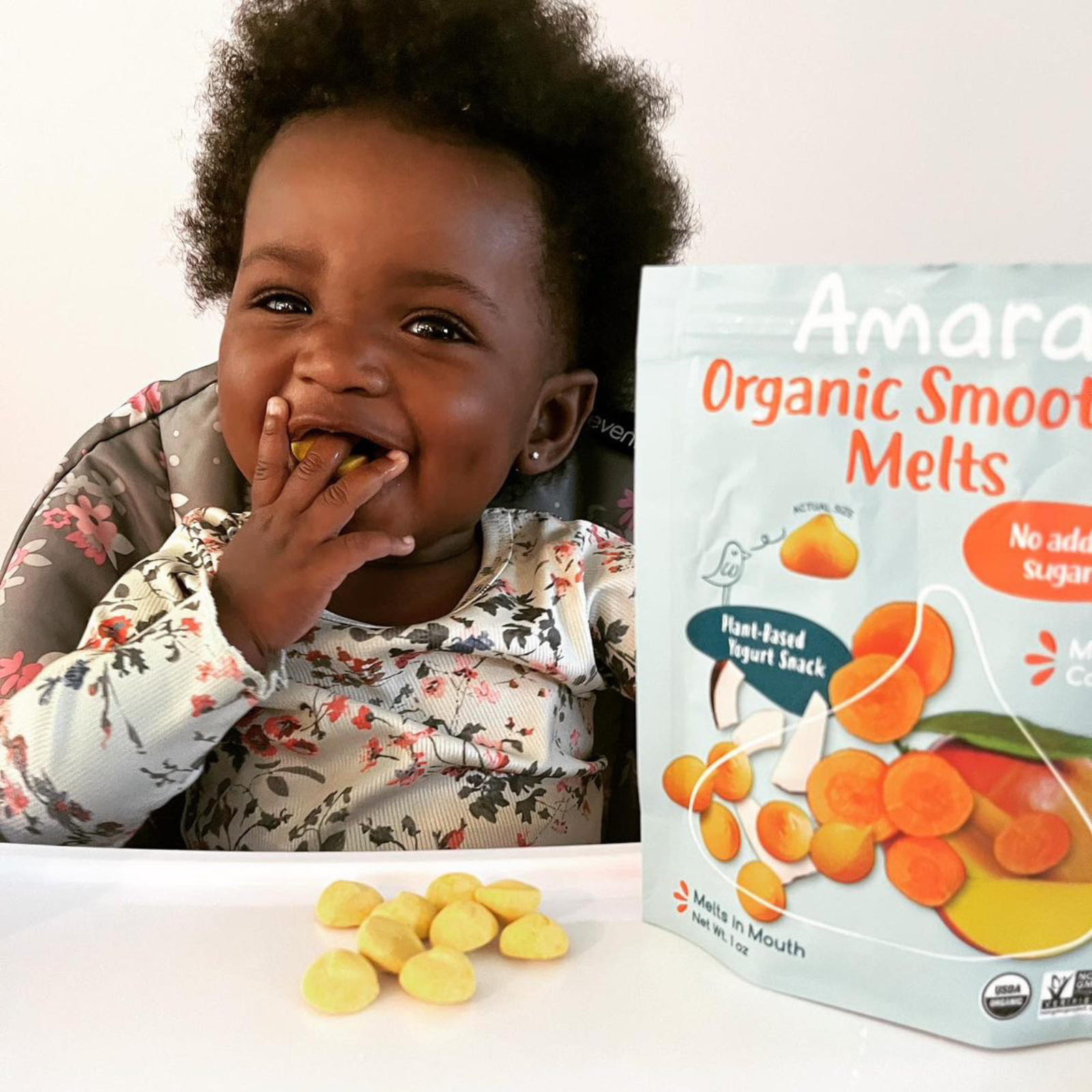

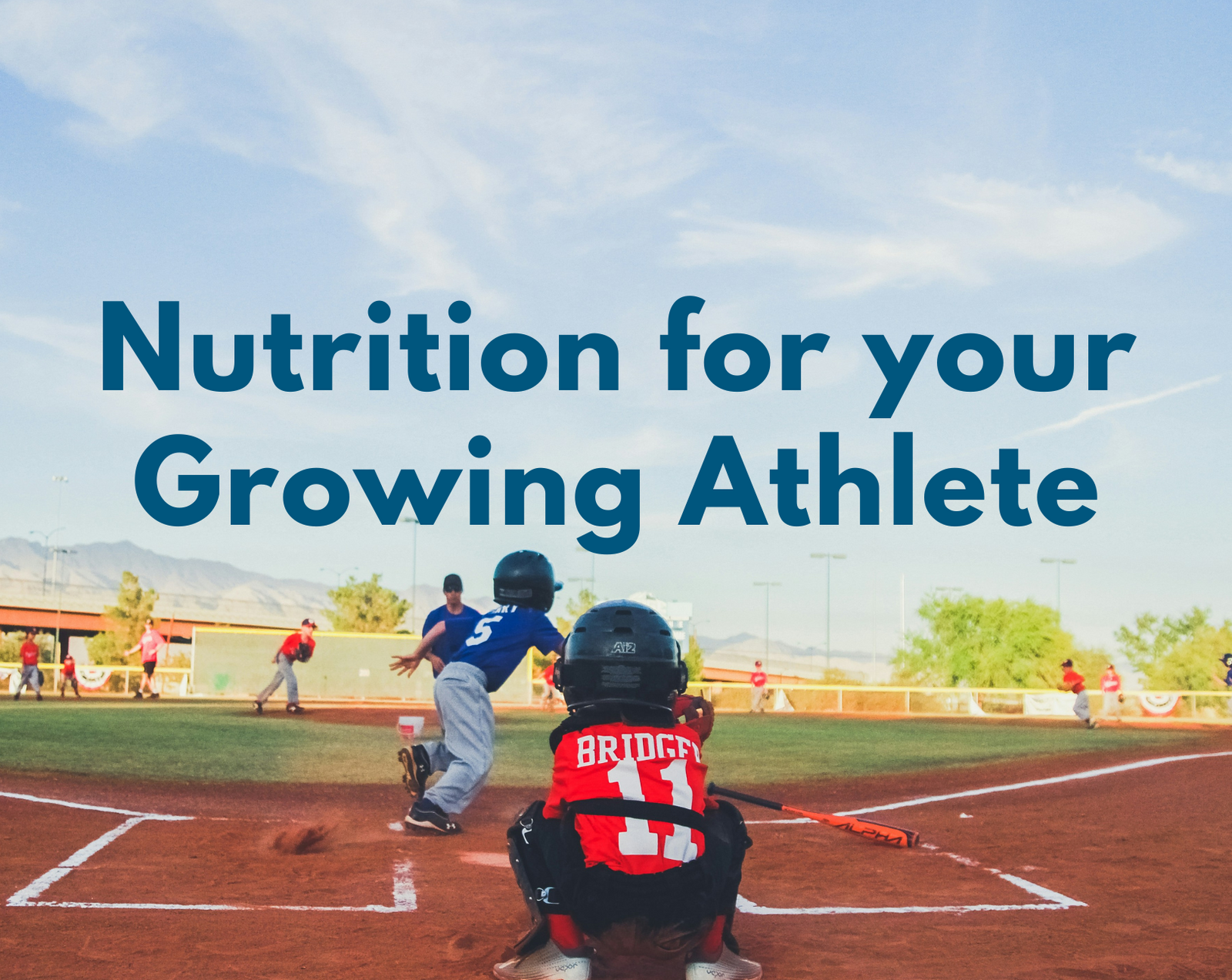
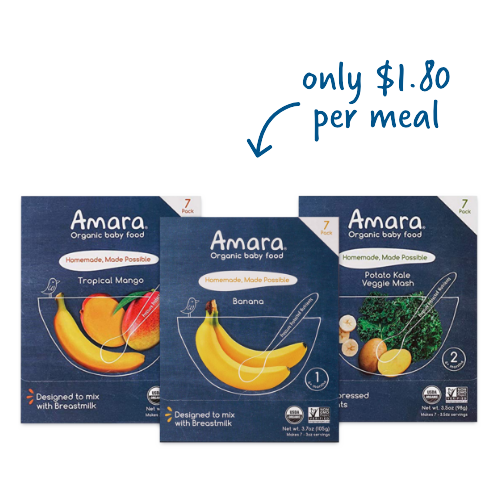
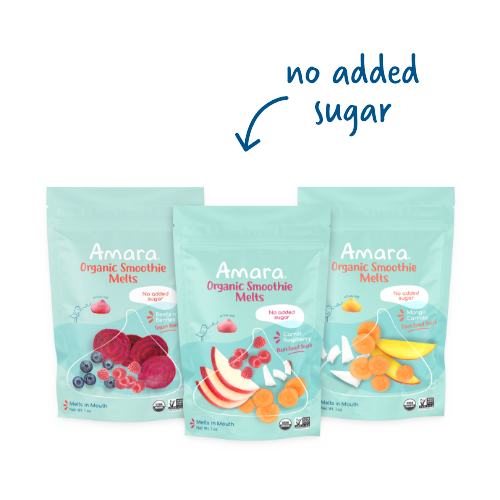
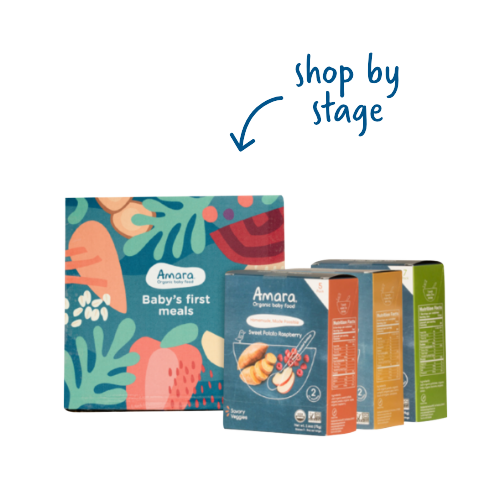
I just wanted to say this food has been such a blessing for my son! I love that it is simple, organic, easy, and I love the variety! Thank you for taking extra precautions in protecting our children and being so genius!
– Victoria Johnson September 24, 2021